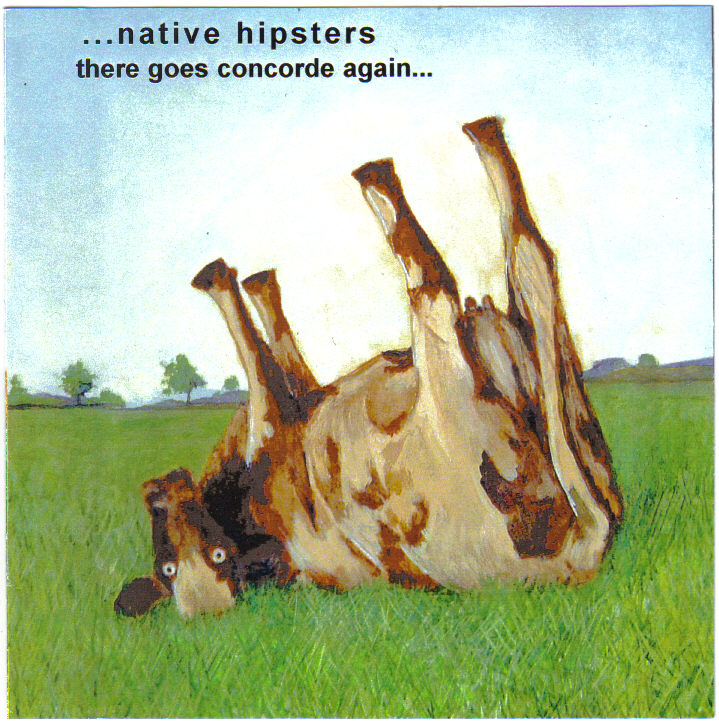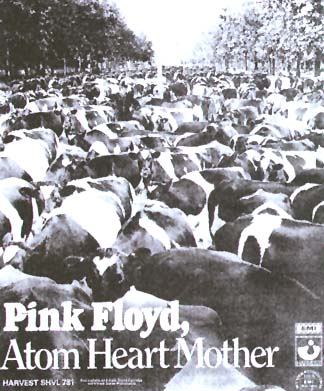
Josh Jones is a writer and musician based in Durham, NC. Watch Pink Floyd Play Live Amidst the Ruins of Pompeii in 1971 … and David Gilmour Does It Again in 2016 Pink Floyd’s “Echoes” Provides a Soundtrack for the Final Scene of Kubrick’s 2001: A Space Odyssey Watch the Last, Transcendent Performance of “Echoes” by Pink Floyd Keyboardist Richard Wright & David Gilmour (2006) Learn how they did it in the stylish video above, cleverly synced to the whole of “Echoes.”

But Floyd found something entirely their own in their exploration. “Echoes,” says Lefevre above, changed the band’s direction lyrically and musically, helping them break out of the critical box labeled “space rock.” Instead of “another song about looking upwards to the stars, Waters looked down into the cold, strange depths of the ocean.” It wasn’t the first time rock and roll had visited what Lefevre calls the “psychedelic underwater.” Hendrix was there three years earlier when he turned into a merman. And the range of tones, effects, and styles that Gilmour pioneered on “Echoes” have become legendary among guitarists and Floyd fans. Richard Wright wrote “the whole piano thing at the beginning and the chord structure for the song,” he told Mojo in his final interview, showcasing his serious compositional talents. Inspired by Muhammad Iqbal’s poem “Two Planets,” Roger Waters “wrote lyrics to an epic piece” about being at sea, in every sense, yet glimpsing the potential for rescue and connection. Instead, they created the most substantial material of their career to date.

As they struggled to find their way forward after the experiments of Ummagumma and Atom Heart Mother, touring constantly, they felt uninspired, calling all their ideas “nothings.” They expected little from inspirations like the “ping” sound that opens “Echoes.” The song was originally titled “The Return of the Son of Nothing” because the band had gone into the studio with “nothing prepared,” Nick Mason remembered later that year.

“Echoes,” indeed, was the band’s “first masterpiece,” argues Noah Lefevre in the Polyphonic “audio/visual companion” above.


 0 kommentar(er)
0 kommentar(er)
